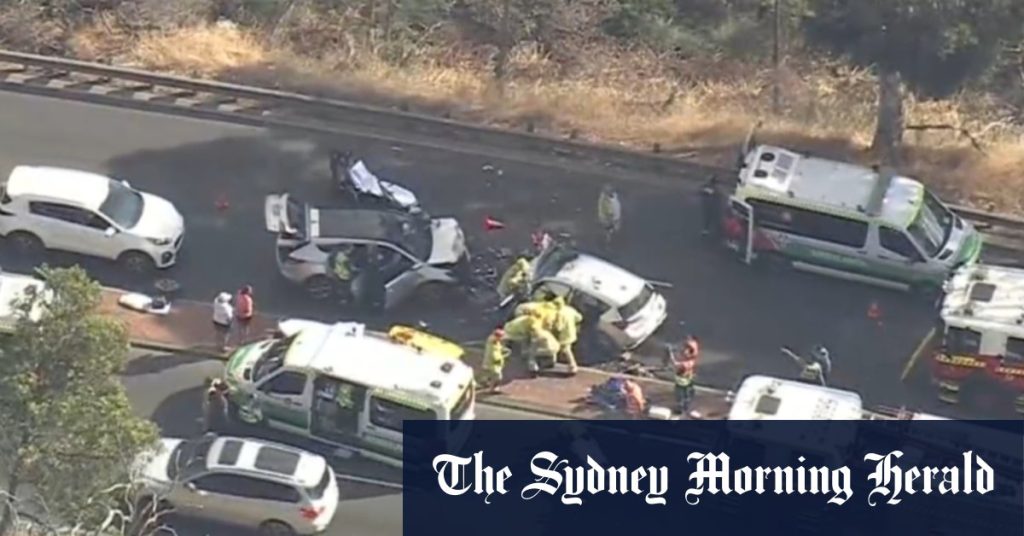The Christmas period of 2024 witnessed a surge in road accidents across Western Australia, contributing to a concerning rise in the state’s annual road toll, pushing it towards a decade-high figure. A string of serious crashes marred the holiday season, leaving almost a dozen individuals hospitalized and prompting renewed calls for increased road safety awareness and stricter enforcement of traffic regulations. The severity and frequency of these incidents highlighted the persistent dangers on WA roads, painting a grim picture of the state’s road safety landscape. This surge in accidents added a somber note to the festive season, underscoring the urgent need for comprehensive action to address the underlying causes of road trauma.
The specific incidents included a multitude of factors contributing to the severity of the crashes. While details of individual accidents remained limited at the time of reporting, preliminary investigations likely explored common culprits such as driver fatigue, speeding, inattention, and driving under the influence of alcohol or drugs. The challenging road conditions, particularly in regional areas, possibly played a role in some incidents, highlighting the need for both driver vigilance and adequate road maintenance. The collective impact of these crashes placed a significant strain on emergency services and hospital resources, further emphasizing the far-reaching consequences of road trauma.
The rising road toll prompted significant concern from road safety authorities, community leaders, and the public alike. With the number of fatalities edging towards a ten-year high, the alarming trend underscored the apparent ineffectiveness of current road safety strategies. Authorities likely renewed calls for greater personal responsibility among drivers, emphasizing the importance of adhering to speed limits, remaining alert, and refraining from driving under the influence. The spate of Christmas accidents served as a stark reminder of the devastating consequences of irresponsible driving, reinforcing the message that road safety is a shared responsibility.
Beyond individual driver behavior, the focus also shifted towards broader systemic issues contributing to the escalating road toll. Discussions likely centered on the effectiveness of current road safety campaigns, the adequacy of infrastructure, and the enforcement of traffic laws. Advocacy groups potentially renewed calls for increased investment in road safety initiatives, including public awareness campaigns, improved road design, and enhanced law enforcement presence. The tragic events of the Christmas period served as a catalyst for a broader conversation about the urgent need for a multi-faceted approach to tackling road trauma in Western Australia.
The impact of the rising road toll extended far beyond the immediate victims of the accidents. Families and communities were left grappling with the emotional and financial burdens of loss and injury, highlighting the ripple effect of road trauma. The series of crashes cast a long shadow over the holiday season, prompting reflection on the fragility of life and the importance of road safety. The cumulative effect of these tragedies underscored the need for a community-wide effort to prevent further loss of life on WA roads.
Moving forward, the Christmas period accidents likely served as a critical turning point in the state’s approach to road safety. The increased scrutiny on the contributing factors to road trauma paved the way for potential policy changes and increased investment in preventative measures. The tragic events underscored the collective responsibility for creating safer roads, prompting a renewed commitment to prioritizing road safety in the coming year. The focus shifted from reactive responses to proactive strategies, emphasizing the importance of education, enforcement, and engineering solutions to address the complex issue of road trauma and strive towards a future with fewer fatalities on WA roads.










